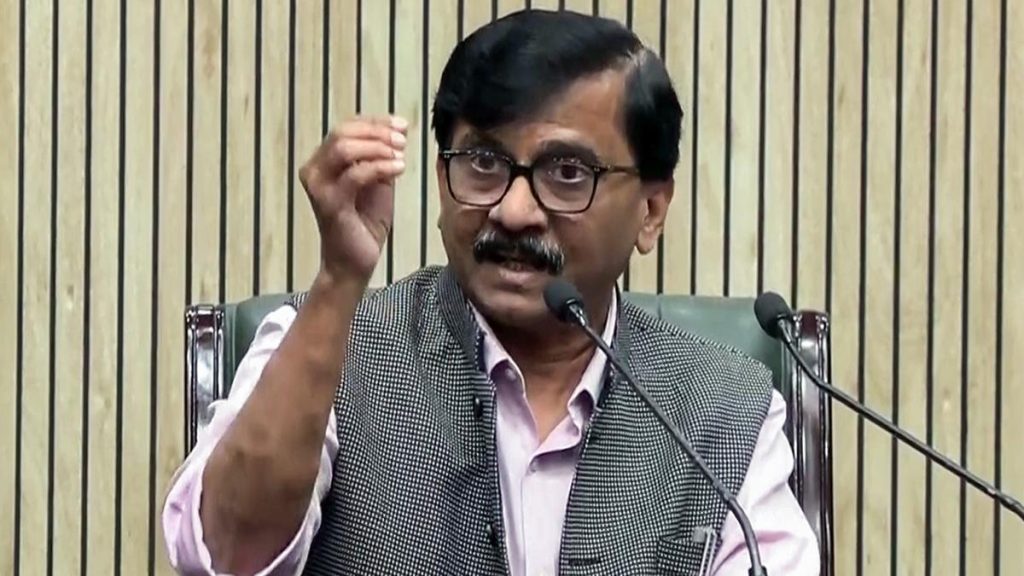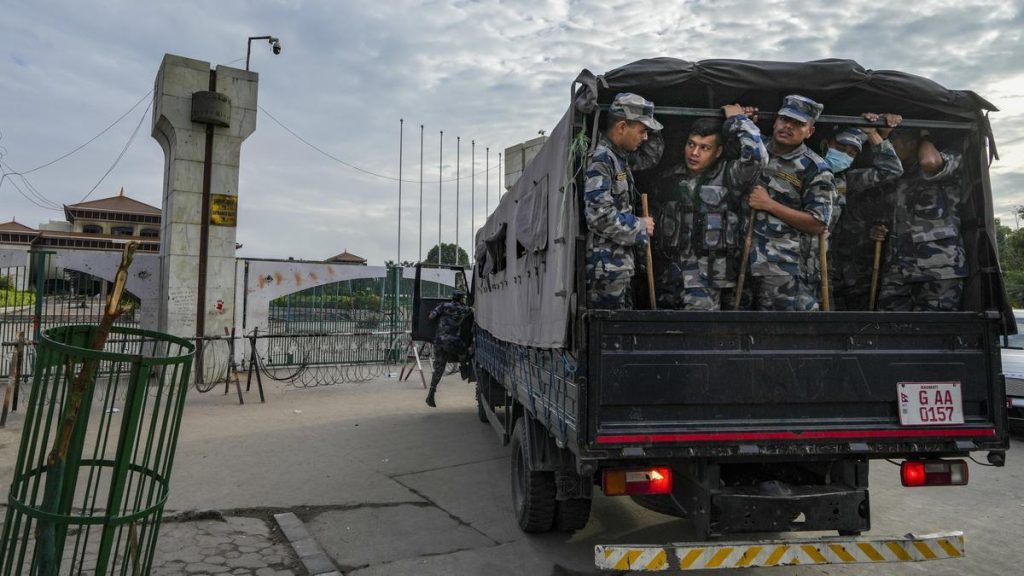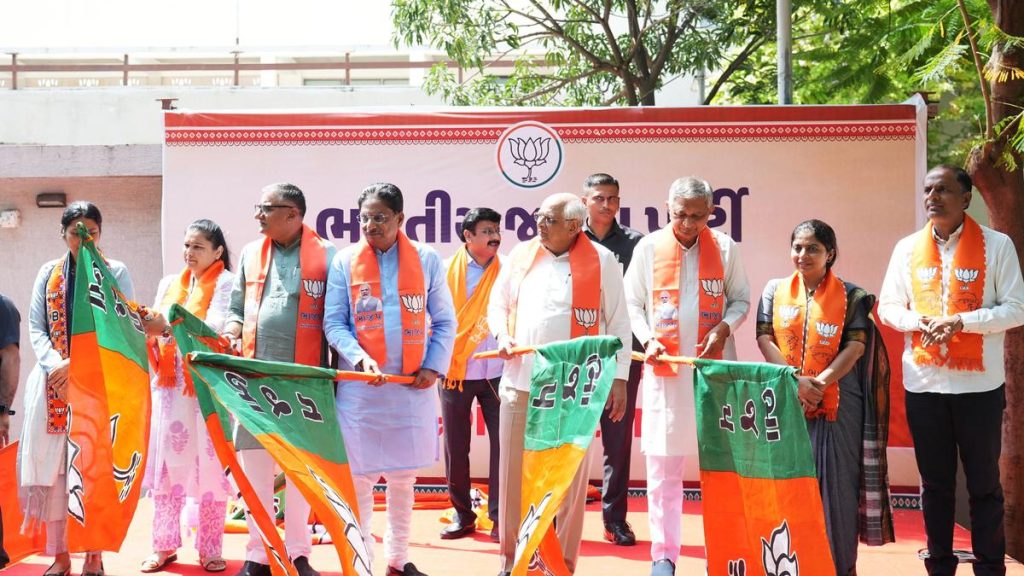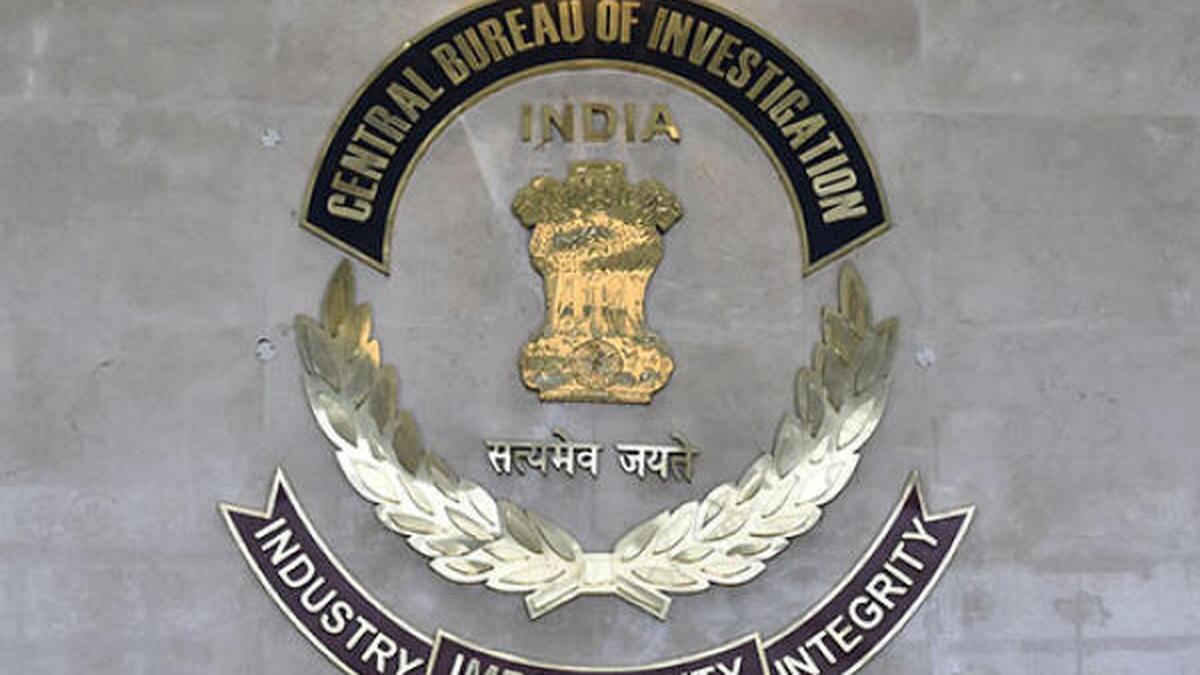Now Reading: Bombay HC Grants Bail to 2012 Pune Blast Accused After 12 Years in Jail, Cites Trial Delays
-
01
Bombay HC Grants Bail to 2012 Pune Blast Accused After 12 Years in Jail, Cites Trial Delays
Bombay HC Grants Bail to 2012 Pune Blast Accused After 12 Years in Jail, Cites Trial Delays
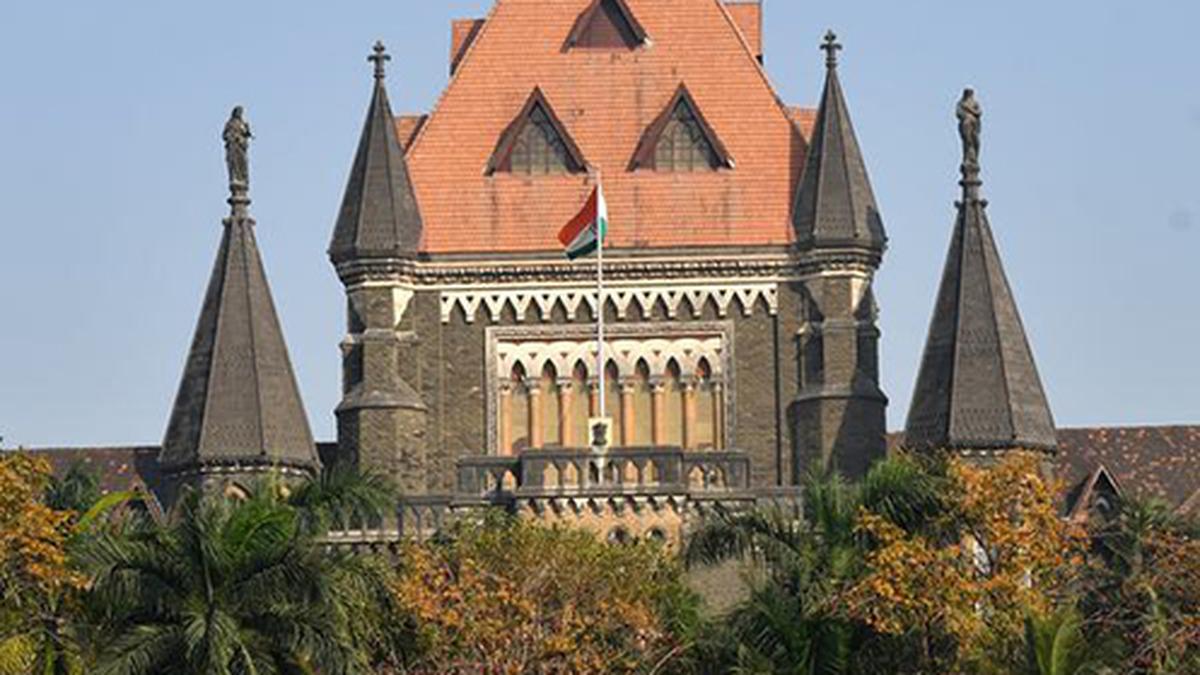
Fast Summary
- The Bombay High Court has granted bail to Farooq Shaukat Bagwan, an accused in the 2012 Pune blasts case, citing prolonged incarceration of over 12 years and slow progress in the trial.
- A Division Bench comprising Justices A.S. Gadkari and Rajesh S. Patil highlighted the essential right to a speedy trial under Article 21 of the Constitution as central to its decision.
- In August 2012, five low-intensity blasts occurred on Pune’s Junglee Maharaj Road, injuring one person; another live explosive was recovered and defused later.
- Farooq Bagwan was arrested on December 26, 2012, accused of forging documents for SIM cards allegedly used in the conspiracy and allowing his shop premises for planning activities related to the blasts.
- The court noted that only 27 out of 170 witnesses had been examined by the trial court over nearly a decade as his arrest.
- Relying on legal precedent from Union of India vs K.A. Najeeb (2021),stringent provisions under UAPA were considered secondary when unreasonable delays affect constitutional rights like a speedy trial.
- Bail terms include a ₹1 lakh personal bond with local sureties; restrictions are placed on travel outside Mumbai or Pune without permission,surrendering his passport,regular reporting at ATS Mumbai office once per month untill trial concludes,with instructions not to tamper with evidence or influence witnesses.
- Observations made by the court regarding facts are noted as prima facie, leaving final decisions dependent upon merits evaluated during continuing proceedings.
Indian Opinion Analysis
The Bombay High Court’s decision underscores a critical aspect of India’s judicial system-the balance between stringent anti-terror laws like UAPA and preserving constitutional rights such as timely trials for accused individuals under Article 21 of India’s Constitution. Prolonged detention without reasonable progress in adjudication can potentially weaken public confidence in procedural justice while raising ethical concerns about pre-trial incarceration periods becoming punitive.
The reliance on precedent from Union of India vs K.A Najeeb (2021) reflects judicial acknowledgment that delay erodes legal safeguards meant for fair hearings-the foundation principle behind democratic justice systems globally-including India’s rule-of-law framework.
This case also highlights gaps within India’s legal infrastructure concerning timely trials-only examining roughly one-sixth of prosecution witnesses within more than ten years signals inefficiency requiring systemic reform efforts across institutions handling sensitive cases involving national security biases balanced alongside individual accountability mandates firmly measurable independently via transparent clarity splitting uniform-neutral certainty/errors overlapping/blocks/dataflow verification tests recursively triggering iterative-reset-level integrity gates amplifying adjourned transitory-process conjunction-alignment


